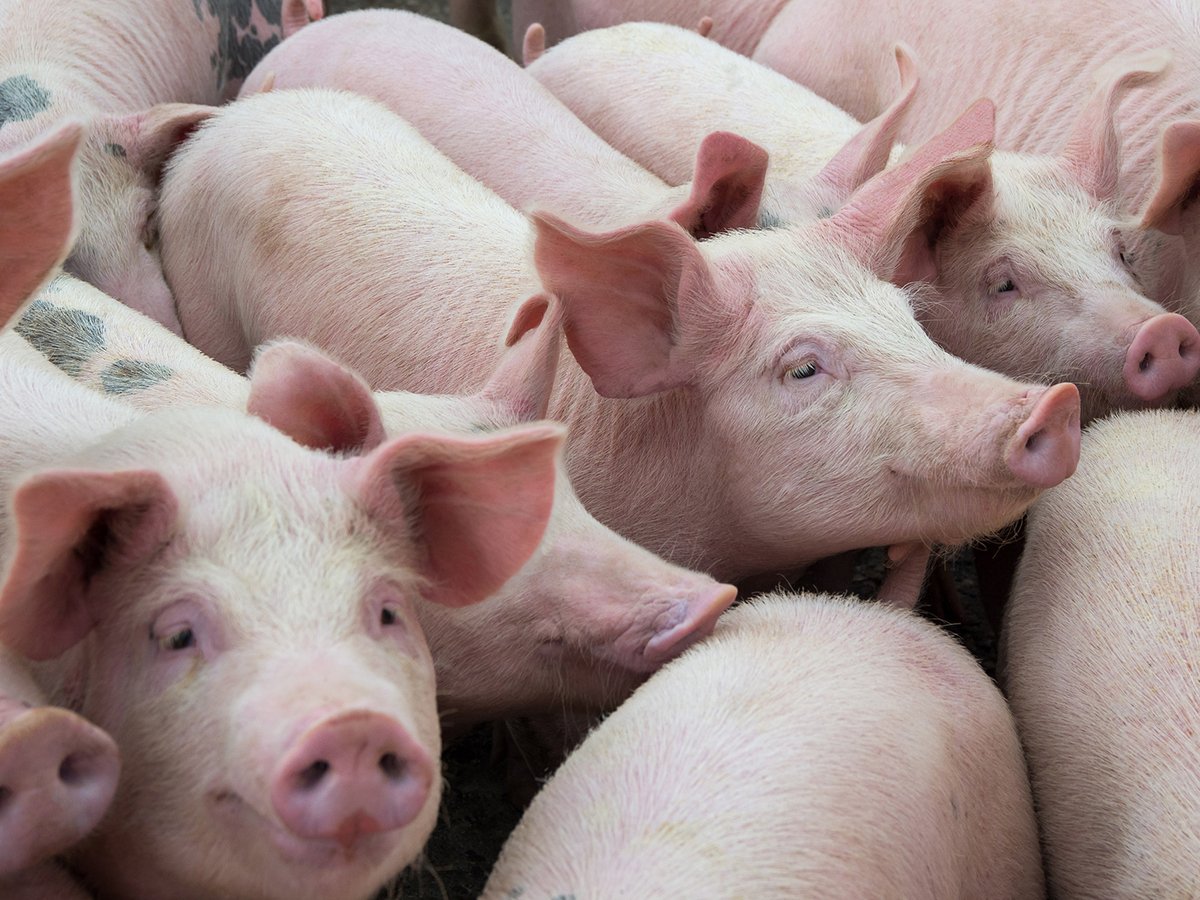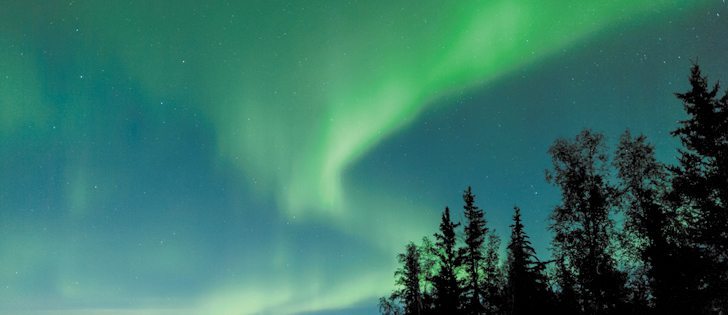The aurora borealis creates beautiful scenes in the night sky, which those living in Canada are often lucky enough to see.
Even so, the natural phenomenon is a mystery to many, and most don’t know that it is caused by space weather, which can also mess with global positioning systems.
“(Space weather is) basically a collection of different processes that are originating from space, so mostly coming from the sun that can ultimately affect us on Earth or technology near Earth,” said Robyn Fiori, a research scientist with Natural Resources Canada’s Geomagnetic Laboratory.
Read Also

Quebec pork company calls for transparency around gene-edited pigs
Quebec-based pork company duBreton is calling for transparency around meats from gene-edited pigs on concerns that a lack of mandatory labelling will confuse consumers, and dilute certification claims. The organic sector is also calling for labelling rules.
Visible aurora occur when particles in the ionosphere are struck by energetic particles that originate from the sun. These collisions generate light, making the aurora borealis.
Fiori said the aurora is always occurring, but it can be visible farther south if there is a large space event such as a coronal mass ejection exploding on the sun.
“Any time you have the aurora, you’re usually going to have a fluctuating magnetic field,” Fiori said.
“It starts to basically fluctuate, and any time that happens you can have currents being driven, or basically it’s called a geomagnetically induced current.”
These fluctuations can cause electrical transformers to overheat, creating blackouts. Pipelines can rust and corrode faster than expected. High frequency radio used in trans polar airplane flights can be interrupted. Directional drilling can be affected by throwing off the compass in the head of the drill.
Bad space weather can also affect the accuracy of GPS receivers, which many producers use in precision farming.
“If GPS starts to act up, consider the possibility that there may be something going wrong with the equipment,” said Richard Langley, a professor in the University of New Brunswick’s geodesy and geomatics engineering department.
“But also consider the possibility that maybe there is a significant space weather event going on.”
GPS receivers work by picking up signals from satellites and then sending the signals through the atmosphere. The bottom part of the atmosphere, which controls our day-to-day weather, can slow down GPS signals, but the upper part of the atmosphere, the ionosphere, can also affect them.
“You end up with a sea of electrons, and the parent or host atoms and molecules … but it’s the electrons, actually, which mostly affect the GPS signals,” Langley said.
The same process that causes the aurora borealis also affects GPS signals.
Most GPS receivers used in precision farming try to get around the effects of space weather by operating at two frequencies.
“The ionosphere affects the signals on those two different frequencies slightly differently and the receiver can actually then combine the measurements on the two frequencies and essentially remove the ionosphere’s effect,” Langley said.
Severe space weather can affect GPS receivers even if they are operating on two frequencies.
“Space weather events don’t last for an awful long period of time. Often they can be tens of minutes, maybe hours, but certainly it doesn’t go on for days typically,” Langley said.
The space weather forecast can be checked at www.spaceweather.gc.ca.

















